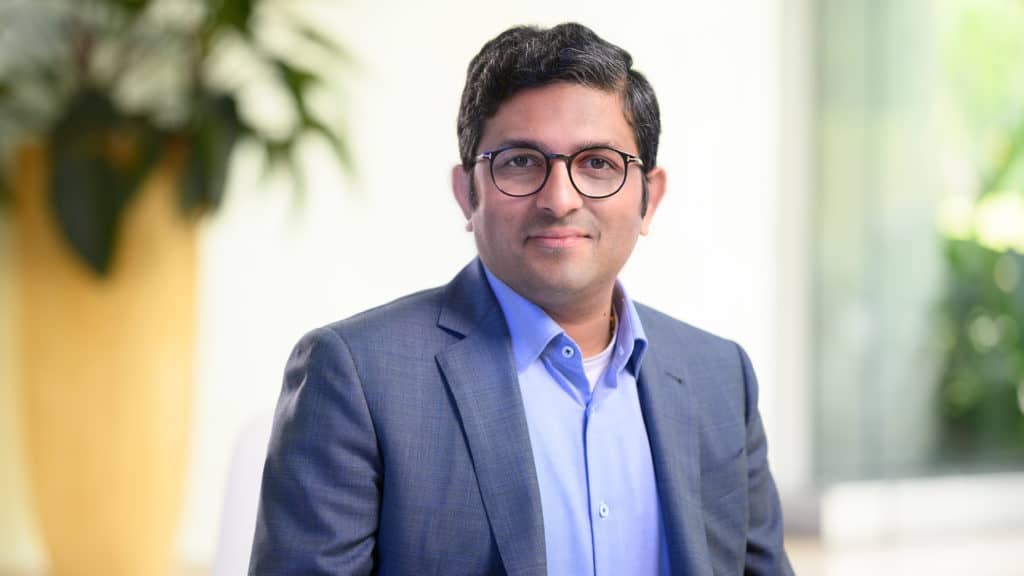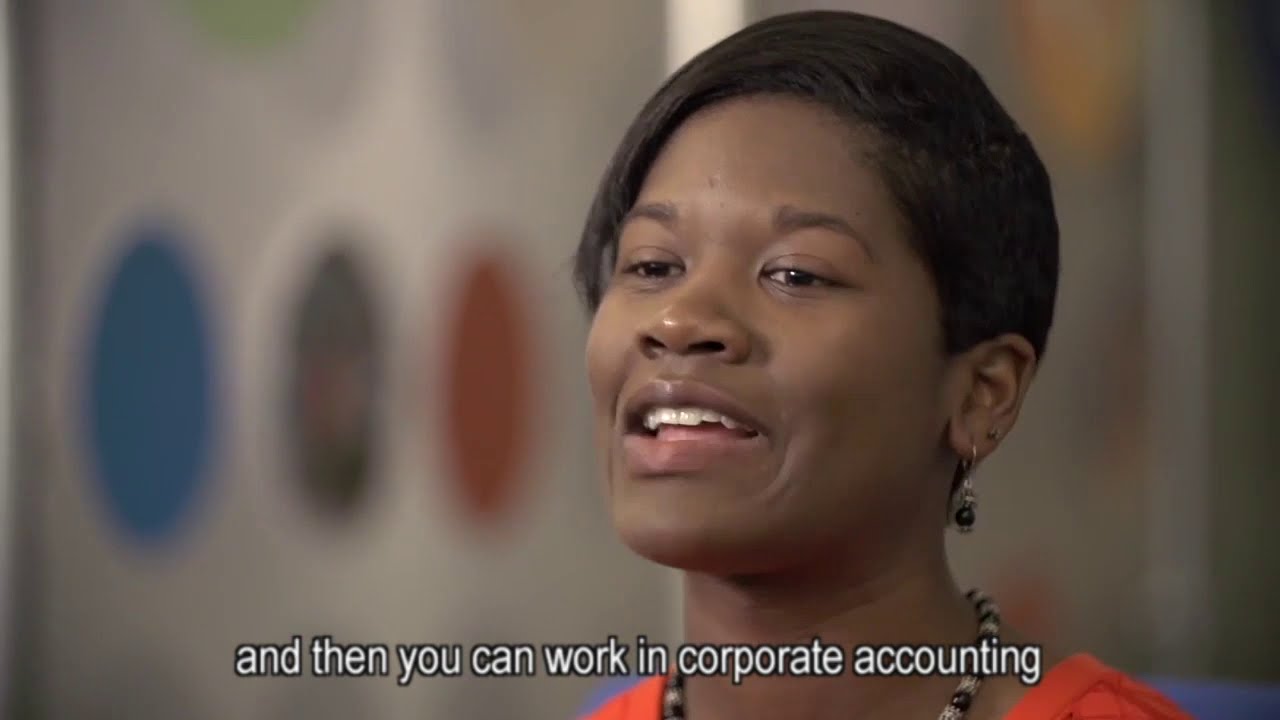Visit any supermarket and you will find a product, if not a range of products, that carry the label P&G discretely emblazoned in the back of the packaging: P&G or Procter and Gamble.
An American multinational consumer goods corporation with 97,000 employees working in 80 countries, and revenue of US$67.68 billion in 2019. P&G Singapore is home to over 2,000 employees from 40+ nationalities and serves as regional headquarters for Asia Pacific, Middle East and Africa (AMA).
Finance & Accounting (F&A) at P&G is pivotal to the sustainable growth of the company and the delivery of leadership levels and shareholder value.
FutureCFO spoke to Karthik Natarajan, regional chief financial officer, Asia Pacific, Middle East and Africa, Procter & Gamble (P&G), to get his perspective on digital transformation, the evolving role of the CFO, his personal experiences as a CFO, and advice to aspiring finance professionals. Natarajan manages a team of over 1,000 finance professionals serving the AMA region.

What is your view on the impact of digital transformation on the way businesses operate today?
Karthik Natarajan: Technology is an important enabler but not an end to itself.
As a CFO, I start with the end in mind – what is the problem that we are trying to solve? It’s easy to be tempted by the latest digital innovation and somehow fit it in later. When we have clarity on the problem at hand, platforms such as cloud, automation and blockchain have the potential to step-change business results.
For example, P&G’s Planning Service Centre uses process automation and machine learning to create a more efficient and accurate end-to-end Supply Chain. P&G’s i-Singapore Digital Omni-channel Centre (i-SIDOC) offers cutting-edge digital solutions for P&G, as well as our business partners.
As a CFO, we need to ensure all levels of our organization are digitally upskilled and their domain knowledge stays relevant. At P&G, it is a critical priority for us that our training programs are specifically geared to enable this.
What is the most recent innovation that the finance team introduced?
Karthik Natarajan: At P&G, we are continuously looking to improve through constructive disruption. The Finance team has been working closely with Singapore’s Economic Development Board, which resulted in the establishment of the P&G e-Centre. This digital innovation centre enables end-to-end innovation across three core areas of Supply Chain Management, e-Analytics, and e-Business. Through the continued partnership with EDB, P&G is able to continuously innovate and to strengthen capabilities as a digital hub.
Global surveys by consultants like KPMG, Deloitte and EY suggests that the CFO must become proactive business leaders. What is your view on this?
Karthik Natarajan: The Chief Financial Officer (CFO) of today is a business leader who wears four hats – a far cry from the Finance Comptrollers of yesteryears.
As a CFO, my first hat is to ensure we have strategic clarity. This is about making informed choices. The only real proof of strategy lies in its execution. The second hat for a CFO to be effective is to also act as the Chief Operating Officer.
While shareholder value drivers are indeed the proof of success, I also focus on the operational markers. This is what we can collectively influence. The next hat is where the secret sauce of a successful CFO comes from and that is to inspire and connect with our teams as well as with peers in the Lead Team.
I believe in investing in relationships. In helping people understand how their work connects with the bigger picture, and why their work matters. I recently sent a note to my team on how we should stay connected and focus on what really matters in the current environment – employee and family health.
In today’s world, these relationships also extend to external stakeholders, including the communities we serve. Finally, the last hat is to ensure we uphold the highest standards of ethical business conduct, in words and action.
In short, while it is necessary for the CFO to be a functional expert, this alone is simply not sufficient to be a successful CFO. We need to be comfortable wearing 4 hats!
As a CFO, what has been your biggest challenge to date?
Karthik Natarajan: The biggest challenge has been navigating a Supply Chain across 10 product categories to serve more than 100 countries in the region. As CFO, understanding the business end-to-end enables informed, strategic choices.
This is a challenge on any normal day – but made even more challenging with the ongoing pandemic. During this time, our priority is to ensure the health and safety of our employees. We also continue serving our consumers during this time, by making, packing and shipping the products they rely on as daily essentials.
We operate our plants following stringent safety standards. Different countries have put in place different degrees of lockdowns, which impacted how raw materials and finished goods move across borders.
While it is a challenge, it has also been very meaningful to find ways to get our products to our customers and consumers when they need us the most.
What do you recall as your biggest achievement?
Karthik Natarajan: As CFO my responsibility is to provide clarity on choices, and a clear way forward.
In our region, constantly facing macro-economic challenges is a way of life. In one of my earlier responsibilities, a couple of our critical businesses were adversely impacted. Businesses that had been built over the years, were suddenly struggling to stay relevant.
My approach was to get the leadership team focused on what mattered most – CASH. This became the go-to mantra for all leaders. For instance, sales leadership was focused on collecting receivables. Then I partnered with our business leaders to frame the end state, and the choices we needed to make.
This helped in setting the right support structure from the company’s leaders. Equally important, it gave clarity to the organization. In tough times, our teams want assurance that we know where we are headed.
Today, these businesses are humming again, and the organization’s pride is back!
What skills and experiences do you believe are important for finance professionals in the digital society?
Karthik Natarajan: One of my favourite quotes is to be the change you want to see in others. I have two mentors who work in P&G’s Information Technology unit. I focus a couple of sessions a month to get myself up to speed on the latest developments especially in understanding successful case studies – within P&G and externally.
Before jumping to digital solutions, I encourage young finance professionals to understand the business model. In FMCG, start with why the consumer is choosing a product – what are the set of considerations in her mind? At P&G, we call it the vectors of superiority. This implies that we need a holistic and superior proposition in order to win in the marketplace.
On digital knowledge, finance professionals must continually be in touch with new trends and new capabilities. There needs to be that curiosity and discipline to seek out this information. P&G’s talent development approach includes on-the-job training in addition to online workshops. This ensures that our people have the right skills now and for the future.
What is your advice for professionals aspiring to the CFO position?
Karthik Natarajan: Be yourself and focus on personal growth – make today better than yesterday and plan for an even better tomorrow. If I had to write a letter to my younger self, this is what I would say.
One of my mentors has this habit of asking for each team member’s point of view, starting with the youngest individual, and the rationale behind their viewpoint. Each of us got here because of who we are. Not being able to stand up for what we believe in would be a loss to us and to our business.
If you aspire to be a CFO, by all means, pursue it and I wish you the best.
I recommend focusing on your personal growth. Are you truly building your skills and experiences year on year? Engage mentors who can provide you with honest advice and push you towards the next growth trajectory.
Measure your outcomes in terms of the positive legacy on the business and the organization and you will know you are on the right track when your legacy outlives your time in the role.





